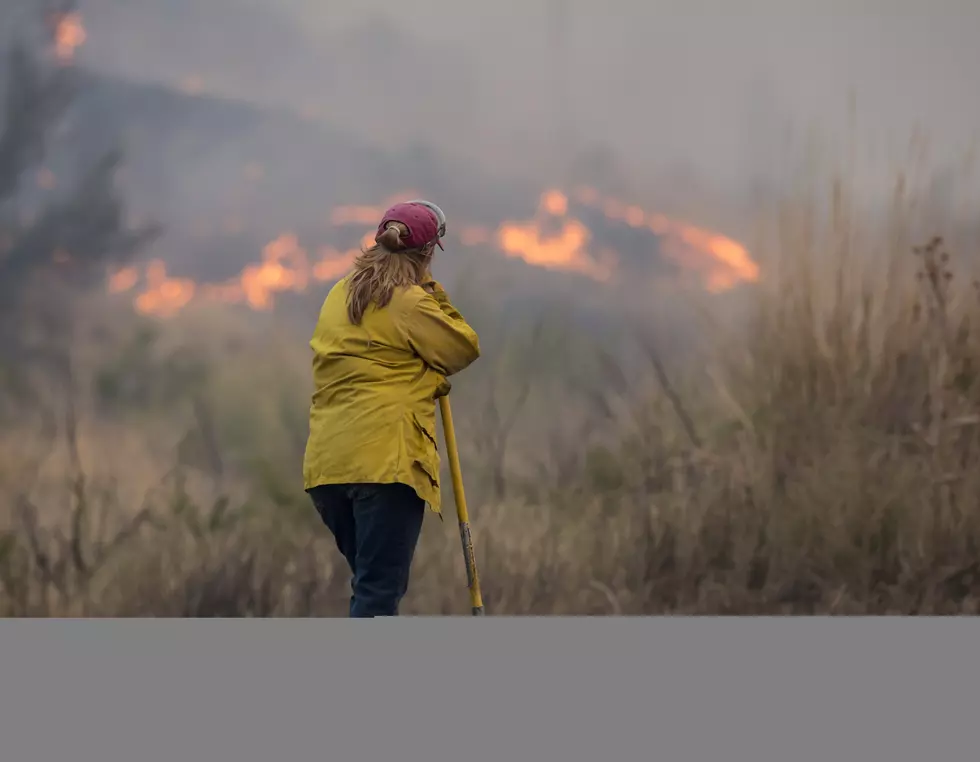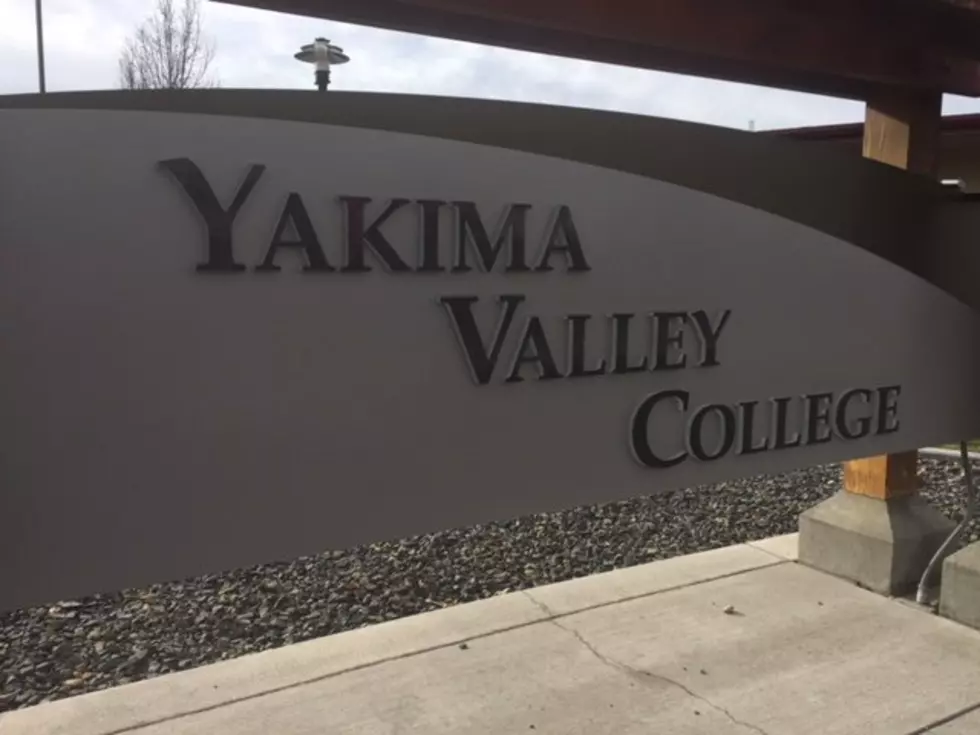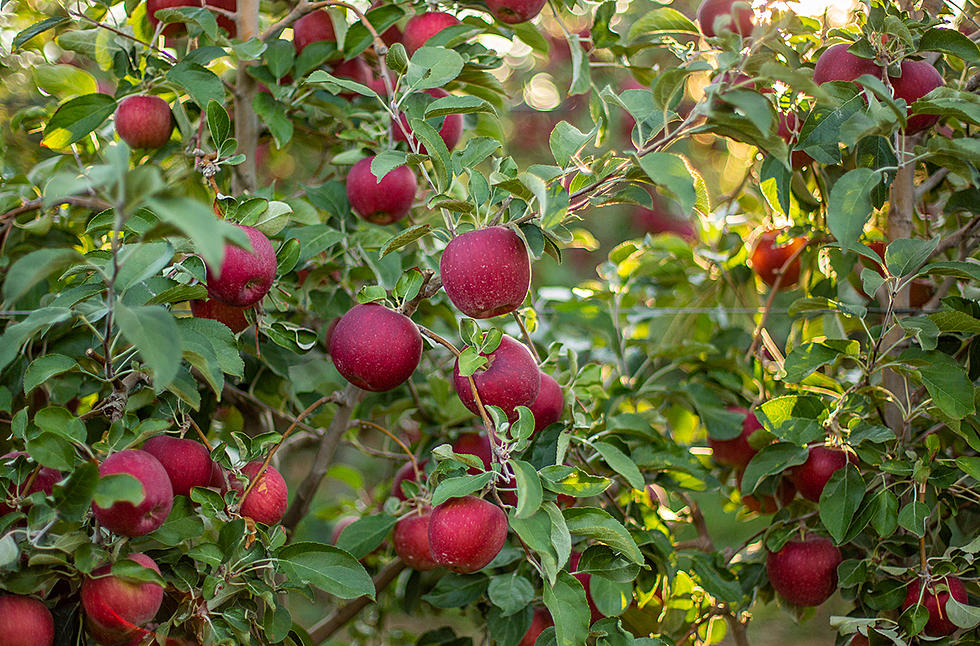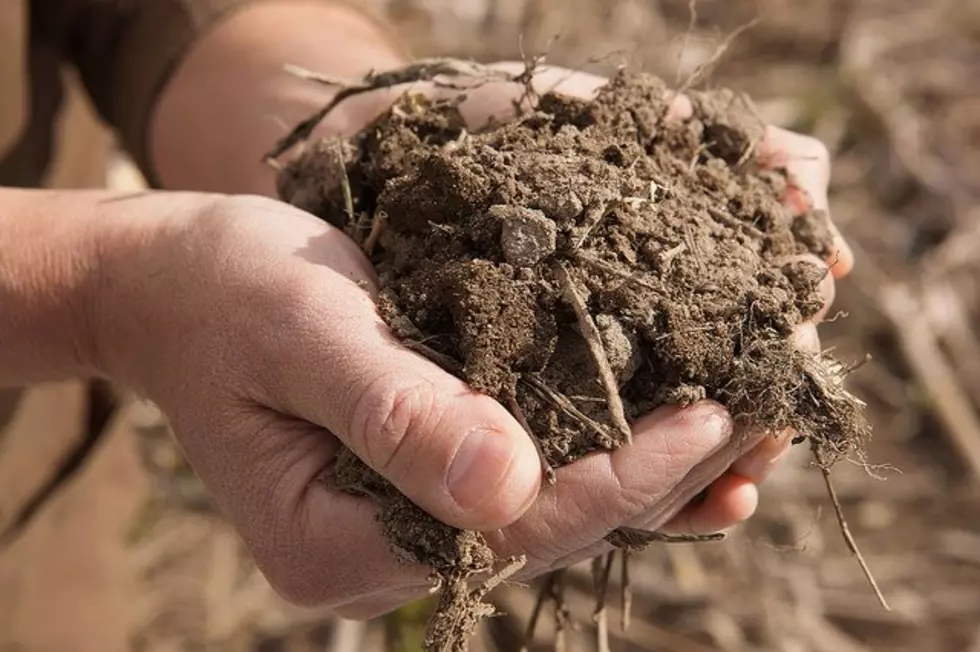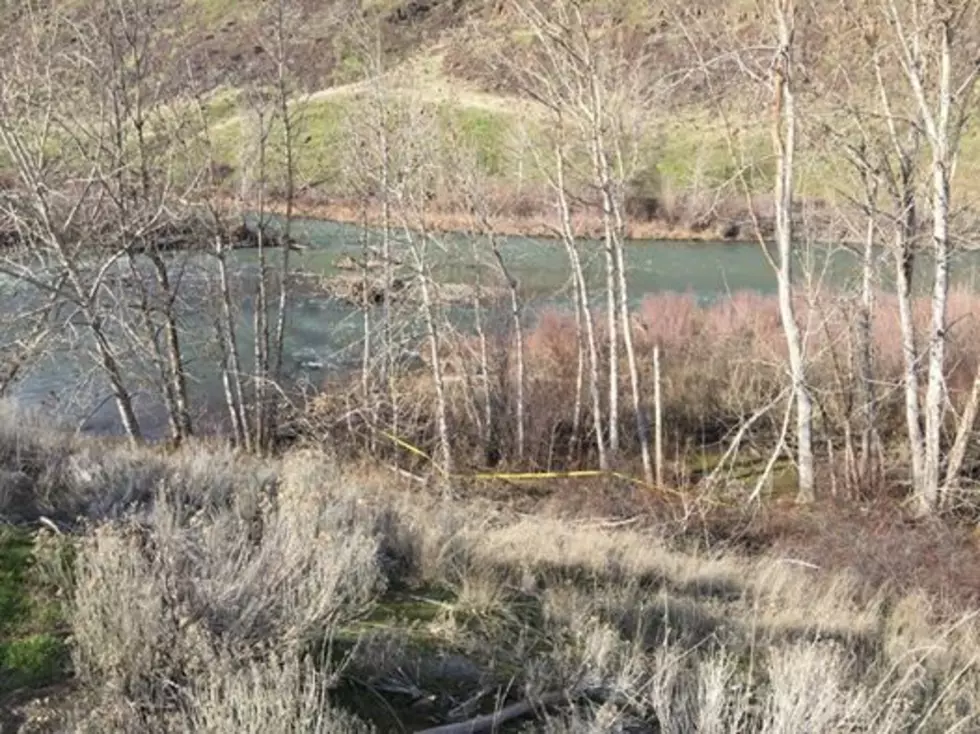
Live in Yakima? City officials Say It’s Time To Save Water
If you live in the city of Yakima you're being asked to conserve domestic water over the next week. City officials say recent thunder storms in the Cascades have created dirty water in the Naches River and that's caused a shutdown of the Naches River Water Treatment Plant.
YOUR CITY WATER IS NOW COMING FROM 4 CITY WELLS
City officials say domestic water is currently being provided from the City’s four wells, but the combined capacity of the wells is limited. A press release says because of the possibility of more thunderstorms "it may be days before the Naches River has cleared enough for the WTP to begin producing potable water again. Coupled with the temperature forecast of mid-90’s for the Yakima area into early next week, it will be challenging for the wells to keep up with system demands."
THERE ARE WAYS YOU CAN CONSERVE WATER IN THE CITY
“Customers are being asked to cut back on their domestic water use where possible until we are able to begin operating the WTP again,” said Water/Irrigation Manager Mike Shane. “Anything customers can do, such as cutting back on lawn and landscape irrigation, will help avoid over-taxing the system.”
Ideas for conserving water can be found at https://www.yakimawa.gov/services/water-irrigation/drought-conservation/. As always, please use water wisely and make every drop count.
For more information, contact Water/Irrigation Manager Mike Shane at 509-576-6480.
Got a news tip? Email us here.
TRENDING STORIES:
A Summer of Gang Assaults and Killings in Washington State Beware
Judge Sentences Yakima Dog Killer To Five Years in Prison
A Tale of Two Cities Gangs and Crime in Yakima Growing Every Year
Possessing Hard Drugs in Washington? It's Now Against The Law
Parents in Zillah Upset After Romeo and Juliet Play on Monday
See the Must-Drive Roads in Every State
25 True Crime Locations: What Do They Look Like Today?
50 Most Popular Chain Restaurants in America
More From PNW Ag Network

